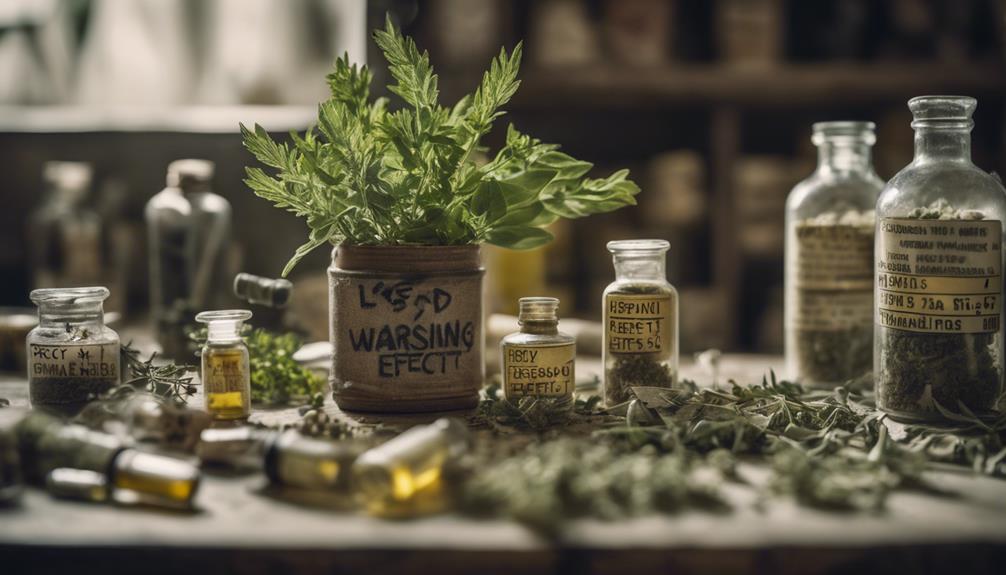Exploring Hypnosis When Drunk: Myths and Realities
What is Hypnosis When Drunk?
Hypnosis when drunk refers to the state of being hypnotized while under the influence of alcohol. Often depicted in movies and popular media, the idea suggests that intoxication can enhance suggestibility, making an individual more susceptible to hypnotic suggestions. However, it’s essential to understand the nuances involved. Professional hypnotists typically advise against attempting hypnosis when someone is under the influence, as alcohol impairs cognitive functioning and decision-making abilities. The effectiveness of hypnosis relies on a clear state of mind, essential for the subject to engage fully with the process.
The Myths Surrounding Hypnosis When Drunk
Many myths circulate regarding hypnosis when drunk, leading to misconceptions about its safety and efficacy. One common myth is that alcohol can act as a “truth serum,” allowing individuals to reveal hidden thoughts or secrets when hypnotized. This notion is misleading; while alcohol might lower inhibitions, it also clouds judgment and increases the risk of misinterpretations of the suggestions being given. Another prevalent myth is that a person cannot resist hypnotic suggestions while intoxicated. In reality, the effectiveness of hypnosis is highly reliant on the subject’s willingness and ability to focus, which alcohol can severely diminish.
Effects of Alcohol on Hypnosis
Alcohol’s primary effect on the brain is its ability to depress the central nervous system. This can lead to decreased cognitive abilities, impaired motor functions, and altered perceptions. When considering hypnosis when drunk, these changes can significantly impact an individual’s susceptibility to suggestion and the overall effectiveness of the session. A person who is intoxicated may find it challenging to concentrate, follow instructions, or maintain the necessary level of relaxation for successful hypnosis. As a result, practitioners recommend that individuals seek hypnosis only when sober to ensure the process is safe and effective.
Can Hypnosis Work While Intoxicated?
While some individuals may claim anecdotally that they have been hypnotized successfully while under the influence of alcohol, scientific evidence supporting this is scant to none. Hypnosis requires a degree of mental clarity and focus that alcohol consumption tends to undermine. As a result, genuine therapeutic hypnosis, which aims to address issues such as anxiety or behavioral changes, is unlikely to yield positive results. Instead, it is essential to approach hypnosis as a process best suited for individuals who are mentally present and engaged, making sobriety a crucial factor in effectiveness.
Risks of Hypnosis When Drunk
Engaging in hypnosis when drunk carries several risks, both emotional and psychological. For one, an intoxicated individual may have less control over their responses, potentially leading to unintended consequences or discomfort during sessions. Additionally, any suggestion given during a state of inebriation might have unpredictable outcomes. This means someone could adopt behaviors or beliefs that are misaligned with their true intentions once they are sober. Such risks highlight the importance of conducting hypnosis in a safe, sober environment, ideally under the guidance of a certified professional.
What Experts Recommend on Hypnosis and Alcohol
Experts in the field of hypnosis generally recommend that individuals avoid attempting hypnosis when drunk. They emphasize the importance of a clear, focused mindset for both the hypnotist and the participant. To maximize the benefits of hypnosis, individuals should ensure they are in a comfortable, sober state. For those seeking to use hypnosis for therapeutic purposes, professionals often suggest waiting until the individual is fully sober to explore deeper issues effectively. This approach allows for clarity of thought and comprehensive understanding of the therapeutic suggestions made during hypnosis.
Alternatives to Hypnosis When Drunk
If you find yourself or others exploring mental relaxation or behavior change while under the influence, it’s beneficial to consider alternatives to hypnosis when drunk. Techniques like guided meditation, mindfulness exercises, or even simple breathing exercises may offer some level of relaxation without the complications hypnosis introduces when combined with alcohol. These methods can create a sense of calm and reflection, enabling individuals to process thoughts and feelings without the impaired state induced by alcohol. Engaging in these practices when sober can further strengthen their effectiveness.
Conclusion: The Bottom Line on Hypnosis When Drunk
In conclusion, hypnosis when drunk is fraught with misconceptions and potential pitfalls. While the portrayal of alcohol-enhanced suggestibility can be tempting, it is crucial to approach hypnosis with the respect and seriousness it deserves. Alcohol not only diminishes cognitive functions but also introduces risks that can compromise the experience’s integrity. For successful and therapeutic hypnosis, individuals should prioritize sobriety, allowing for a clear mindset that benefits the process. Always consider the assistance of certified professionals to guide you safely through the journey of hypnosis.
